Major Grocery Chain Recalls Frozen and Cooked Shrimp Products Over Serious Health Concerns
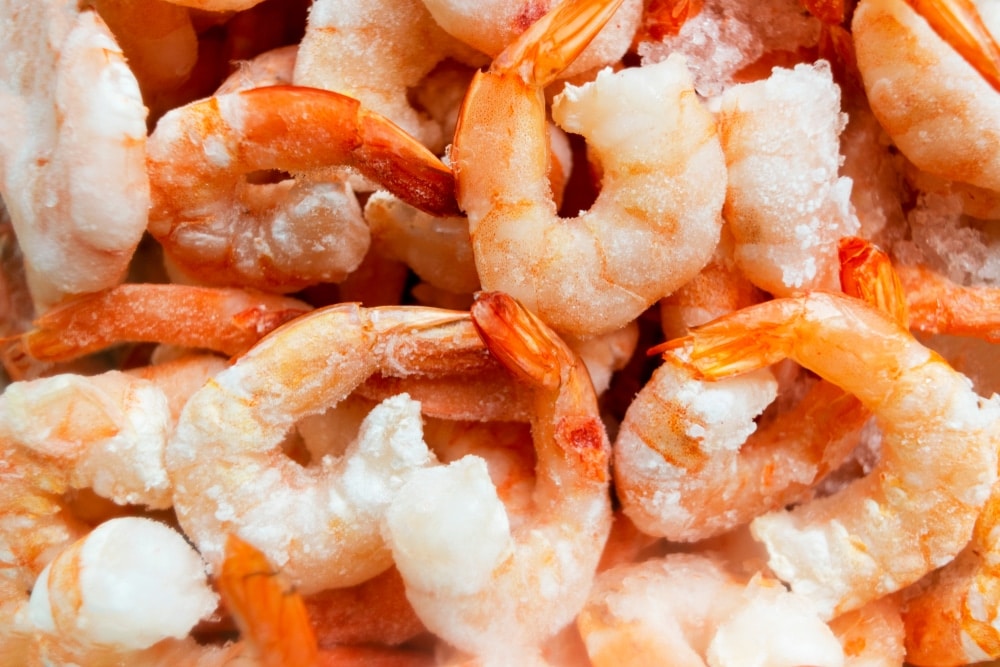

A nationwide recall has pulled tens of thousands of shrimp bags after testing suggested possible contamination with cesium-137.
Aquastar (USA) Corp. is recalling specific Kroger-branded and Aquastar shrimp products sold between June 12 and September 17, 2025; consumers are urged to check labels and stop using affected lots until officials confirm safety.
What Was Recalled
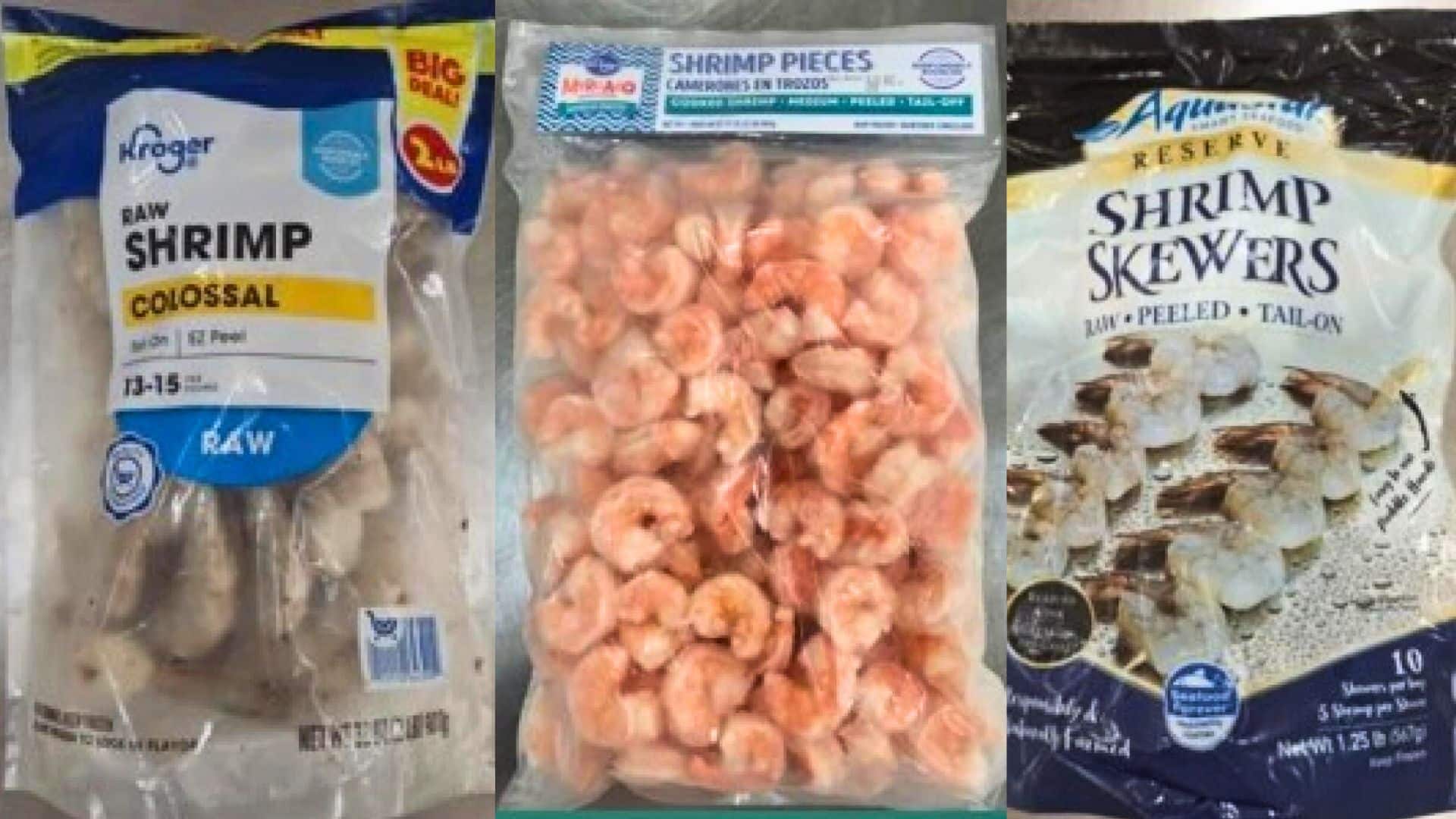
The recall covers three product lines: approximately 49,920 bags of Kroger Raw Colossal EZ Peel Shrimp (2 lb), about 18,000 bags of Kroger Mercado Cooked Medium Peeled Tail-Off Shrimp (2 lb), and roughly 17,264 bags of AquaStar Raw Peeled Tail-on Shrimp Skewers (1.25 lb). The FDA lists the specific UPCs and lot numbers for consumers to cross-check. See the full list on the FDA notice.
Cesium-137 Concerns
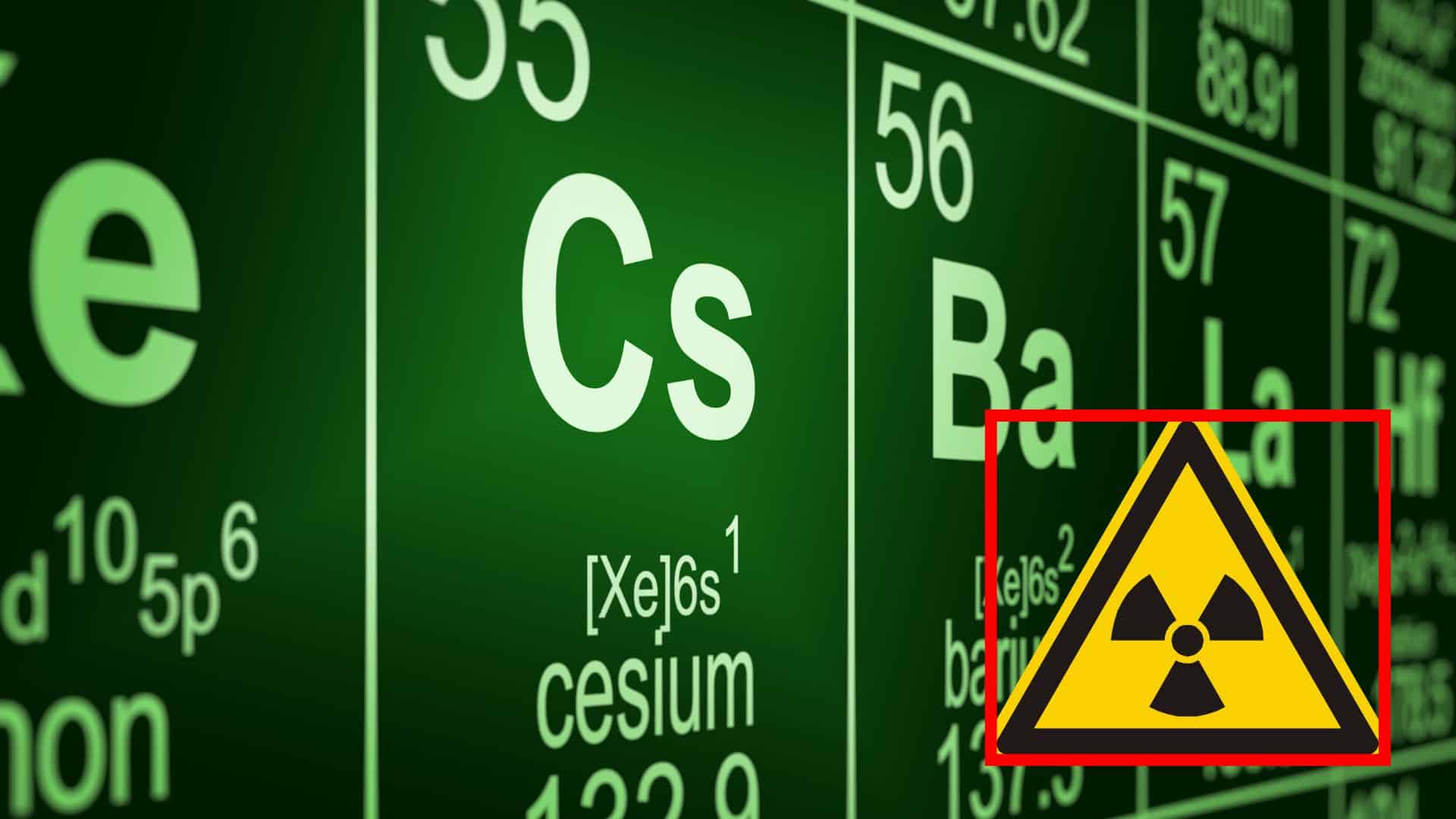
Officials say the products may have been prepared, packed, or held under insanitary conditions that introduced cesium-137 (Cs-137), a man-made radioisotope. Traces of Cs-137 can appear after contamination events; long-term, repeated exposure elevates cancer risk by damaging DNA. Authorities emphasize that short-term ingestion risk is lower but advise caution pending testing results.
Where the Shrimp Sold
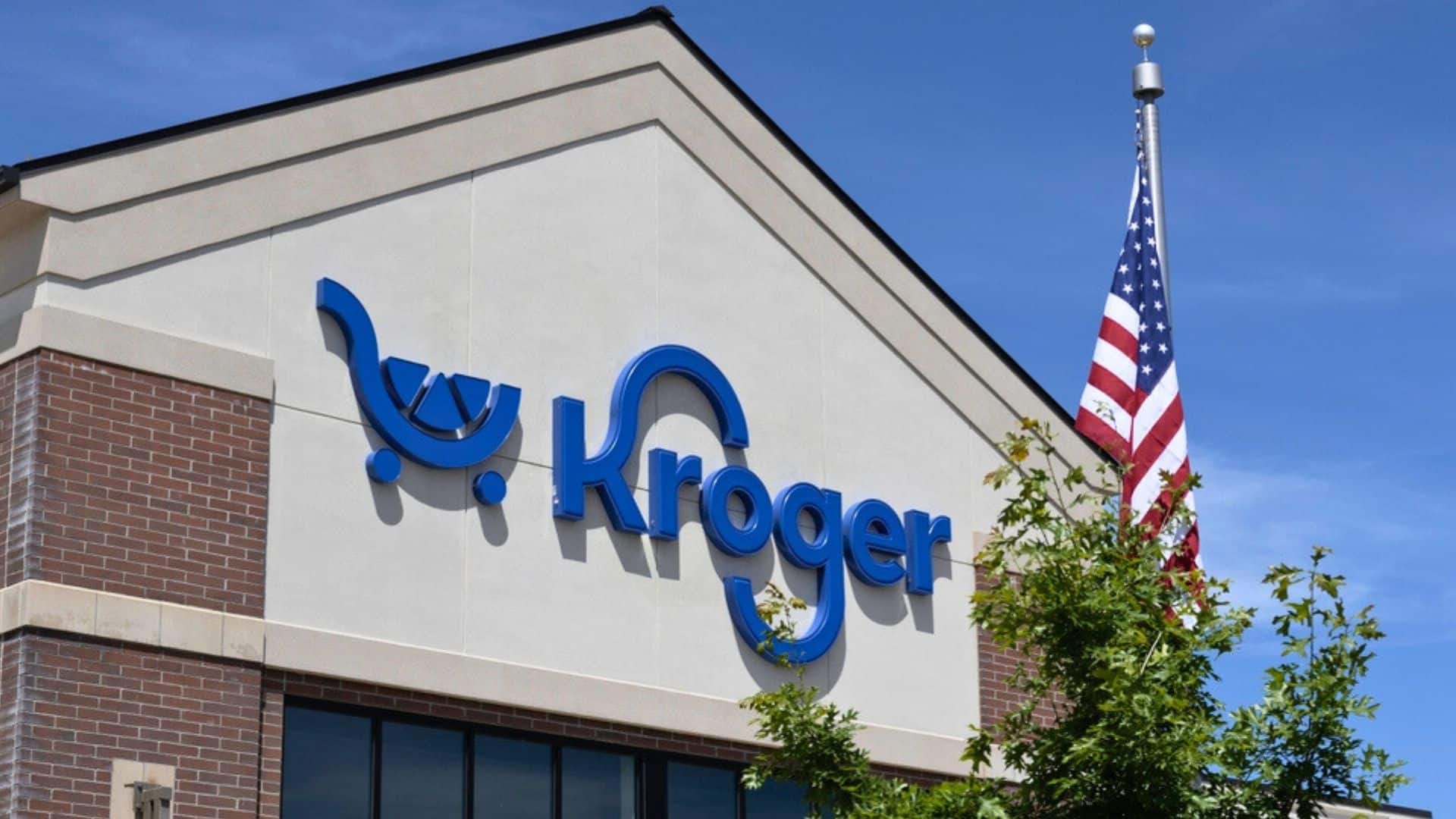
Affected shrimp were sold under Kroger banners, including Baker’s, Dillons, Fred Meyer, Fry’s, King Soopers, Mariano’s, Ralphs, Smith’s, and QFC, plus regional chains like City Market, Food 4 Less, Foodsco, Jay C, Metro Market, Pick ‘n Save, and others. The products reached stores across 31 states between mid-June and September 17, 2025; the FDA notice lists retailers and state breakdowns for consumers.
Scale of the Recall

Altogether more than 85,000 bags are implicated, making this one of the larger seafood recalls in recent months. Media reports and official tallies show roughly 85,000+ individual packs removed from shelves, prompting urgent public notices and store-level removals. Consumers who bought these items should verify lot numbers and avoid consumption until clearance is provided.
Authorities’ Findings & Source Country Notes
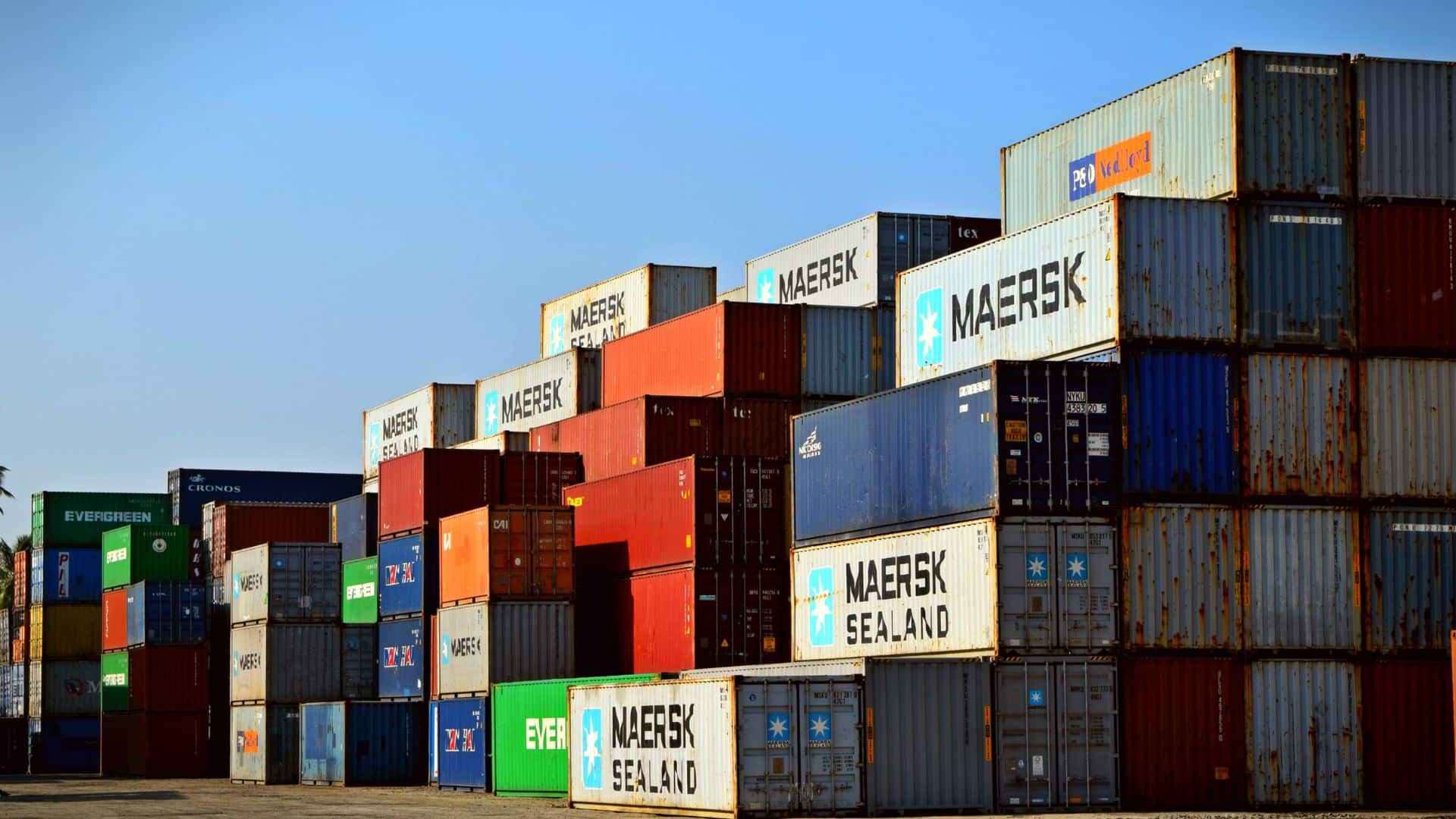
Indonesian officials told investigators the radioactive containers tied to shrimp shipments resulted from an accident at a coastal facility, prompting local probes and notifications to importers. U.S. regulators are coordinating testing and traceback to confirm contamination pathways and prevent further imports until safety is assured. Officials stress this appears linked to isolated packing or holding incidents, not routine production.
What Consumers Should Do Now
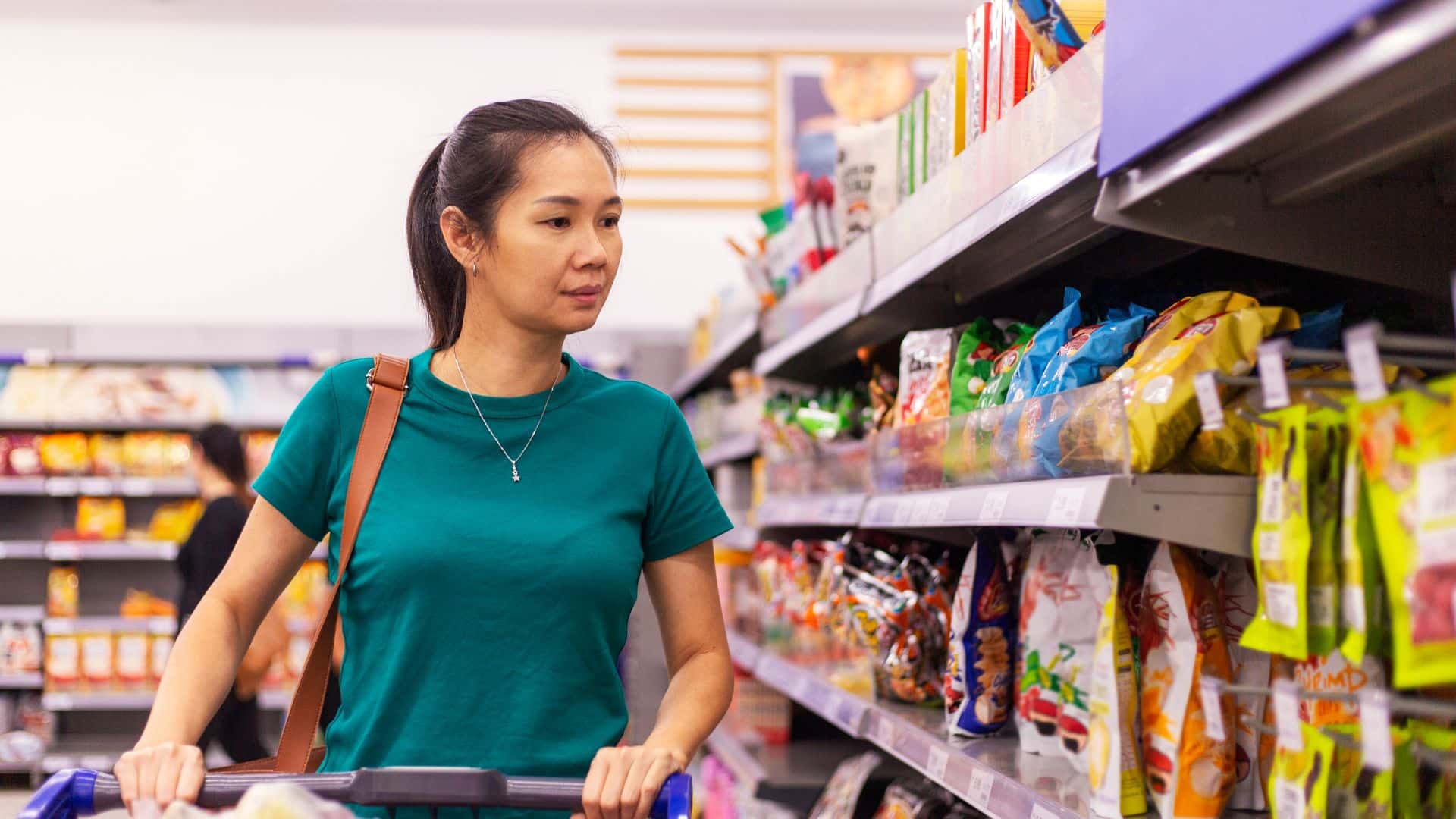
If you purchased any of the listed products, the FDA advises not to eat them. Return the shrimp to the store for a refund or follow retailer guidance for safe disposal. Check package UPCs and lot numbers against the FDA recall list, and call local health departments or the retailer’s customer service with questions. Those concerned about exposure should consult medical professionals.
Import Rules and Inspection Actions
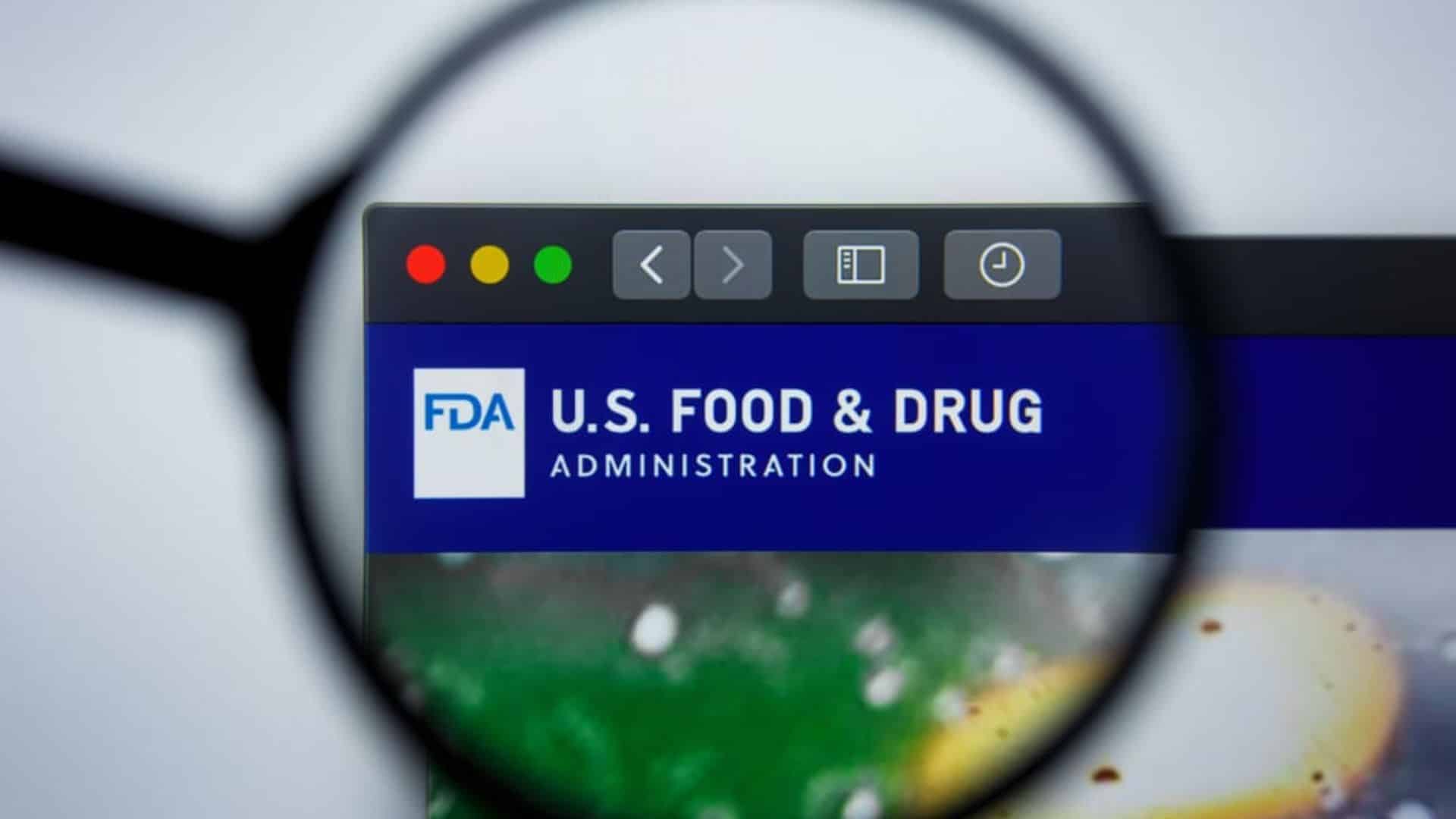
The FDA has flagged related imports and referenced regulatory measures such as Import Alert 99-51, which allows detention without physical examination of human food products suspected of insanitary preparation or contamination. Expect heightened shipment inspections and temporary detentions of similar seafood imports while investigations proceed. This recall will likely prompt tighter enforcement at U.S. ports.
Supply-Chain and Retail Impact
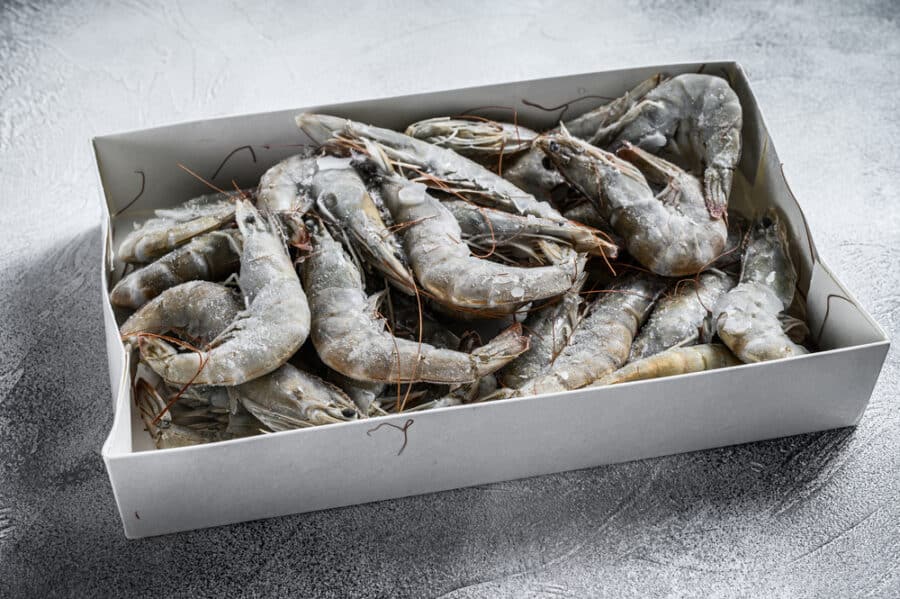
The recall underscores vulnerabilities in global seafood supply chains: a single packing or container incident can ripple across retailers and states. Retailers are removing affected inventory, offering refunds, and working with suppliers to tighten controls. Longer term, buyers may demand new certifications or additional testing for imports from implicated regions. The episode could raise short-term shrimp prices and sourcing scrutiny.
Safety First, Then Accountability
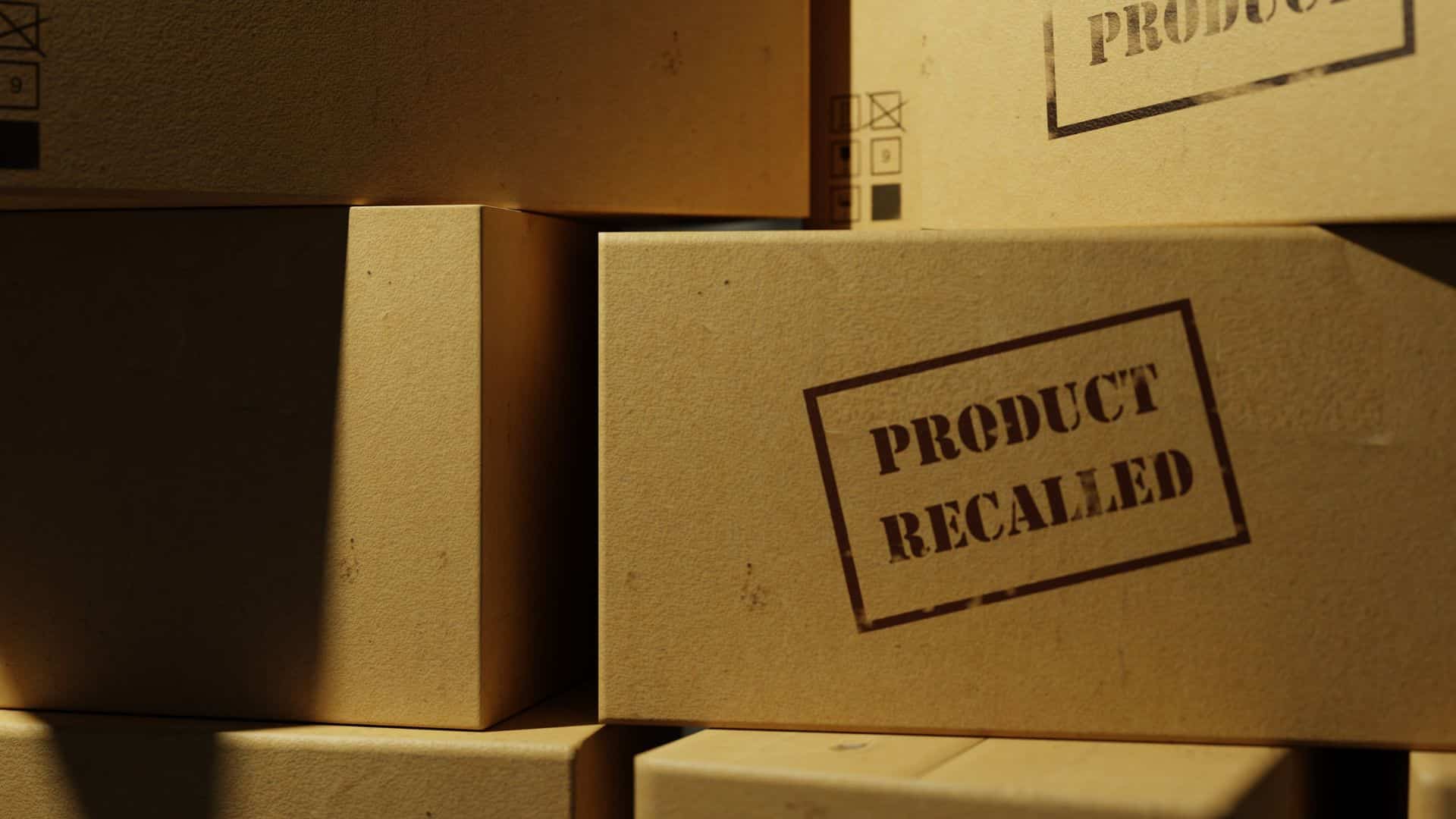
This recall is a sharp reminder that food safety depends on traceability, robust import oversight, and rapid public communication. Consumers should stop using implicated products and follow the FDA and retailer instructions. Meanwhile, regulators and suppliers must complete testing, confirm contamination sources, and implement corrective actions so that trust in imported seafood can be restored without delay.
